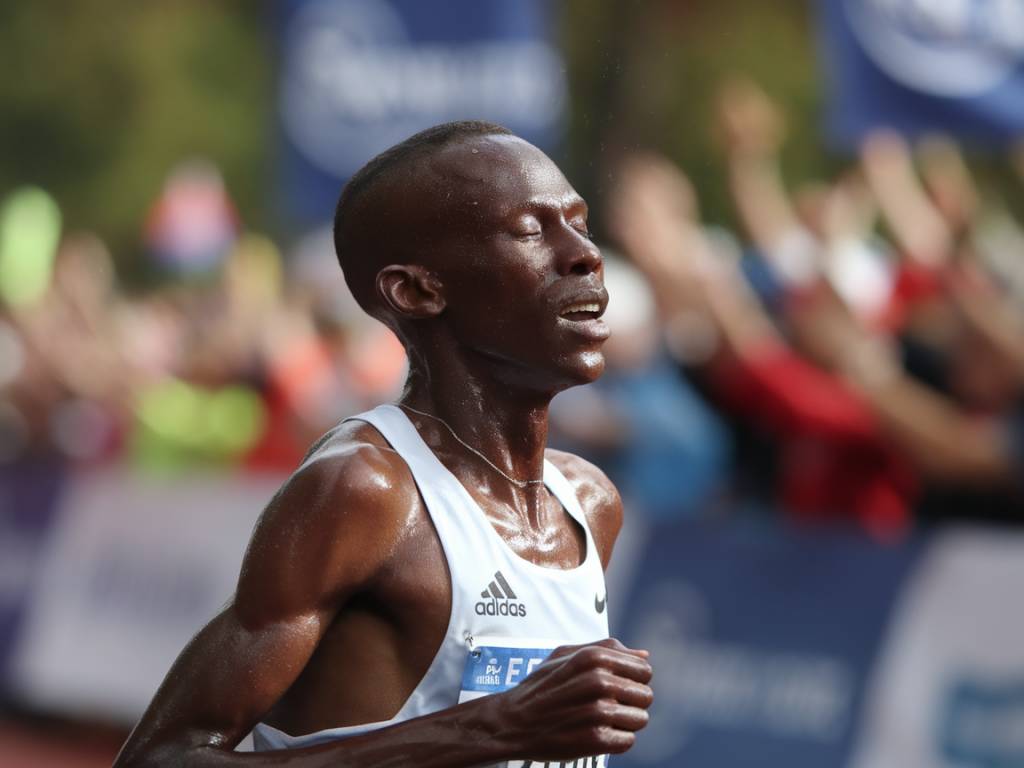The role of mental health in sports performance

The role of mental health in sports performance
The Connection Between Mental Health and Sports Performance
When we talk about sports performance, the focus often lands on physical stats—speed, strength, endurance. But what happens when the real game-changer isn’t in the body, but in the mind? If you’ve ever found yourself wondering why a perfectly trained athlete might falter under pressure or why some athletes thrive while others struggle, the answer often lies within the realm of mental health.
Why Mental Health Matters as Much as Physical Health
Picture this: An athlete spends hundreds of hours training their body for peak performance. Their routine includes meticulously planned workouts, a nutrition plan crafted by a dietitian, and state-of-the-art recovery techniques. But then, game day arrives, and something feels « off. » Is it nerves? A lack of focus? Or an overwhelming fear of failing? Chances are, it’s all tied to mental health.
Just like muscles need proper conditioning, the mind requires care, too. Anxiety, depression, burnout—these mental health challenges don’t just impact life off the field; they directly influence how an athlete performs.
Stress: Friend or Foe?
Every athlete has faced stress. But did you know stress can either make or break performance? Small amounts of stress—or “good stress”—can be a motivational boost, sharpening focus and energy. However, when stress levels spiral out of control, performance takes a hit.
Take the example of tennis legend Naomi Osaka. At the height of her career, she made the bold decision to step away from the sport to prioritize her mental health. Her openness about the toll competitive pressure had taken on her wellbeing shone a spotlight on the importance of striking a balance between mental pressure and high-stakes performance.
The Role of Confidence in Performance
Have you ever watched an athlete and thought, « Wow, they make it look so effortless? » It’s not just skill—it’s confidence. Confidence is key to success in sports. But here’s the kicker: confidence can waver, especially when mental health is compromised.
For example, let’s consider basketball. A player can spend hours perfecting their free throws, but on game day, if their mind is clouded by self-doubt, their shot percentage might plummet. Why? Because mental clarity and confidence are just as crucial as sound technique.
How Nutrition and Exercise Impact Mental Health
It’s no secret that nutrition and exercise work wonders for the body, but did you know they profoundly impact mental health, too? For an athlete, this connection is even more critical.
- Foods rich in omega-3 fatty acids, like salmon and walnuts, can reduce anxiety and improve focus.
- Carbohydrates help maintain steady energy levels and prevent mental fatigue during long games or training sessions.
- Exercise itself releases mood-boosting endorphins, which can keep an athlete motivated and happy.
By aligning their diet and physical activity with mental health goals, athletes can optimize both aspects, creating a powerful synergy that enhances overall performance.
The Mental Game Plan: Strategies for Success
Athletes don’t just need a physical training plan; they benefit immensely from a ‘mental game plan.’ So, how can athletes take care of their minds as much as their bodies? Here are some strategies:
- Meditation and Mindfulness: Practicing mindfulness can help athletes stay present, block out distractions, and reduce anxiety. Ever heard of LeBron James? He’s an advocate for meditation and even credits it with keeping him mentally sharp during high-pressure moments.
- Sports Psychology: Working with a sports psychologist can help athletes tackle insecurities, improve focus, and develop strategies to handle stress effectively.
- Recovery Time: Rest isn’t just for muscles. Taking time away from the sport to recharge mentally is just as important.
- Setting Realistic Goals: Unrealistic expectations can lead to burnout. Encouraging athletes to set achievable goals can help maintain a positive mindset.
Breaking the Stigma
Here’s a tough reality: talking about mental health in sports is often still considered taboo. Many athletes fear being labeled as “weak” or “unfit” if they admit to mental health struggles. But that narrative is shifting, thanks to high-profile athletes like Simone Biles and Michael Phelps openly sharing their stories.
By breaking the stigma around mental health, the sports world is creating a safer environment where athletes can seek help without fear of being judged. This not only supports their wellbeing but also enhances their performance overall—because a healthy mind leads to a sharp, focused, and resilient athlete.
Small Changes, Big Impacts
Ultimately, mental health and sports performance are two sides of the same coin. From recreational athletes to professionals, anyone striving to perform their best can benefit from giving their mental health as much attention as their physical training. It’s not just about winning medals or breaking records; it’s about thriving—in every sense of the word.
So, next time you think about sports, remember: sometimes, the biggest victories happen not on the field, but in the mind.







